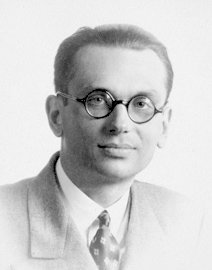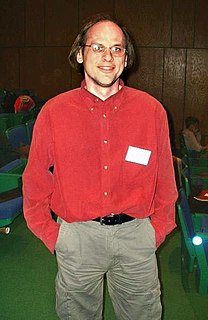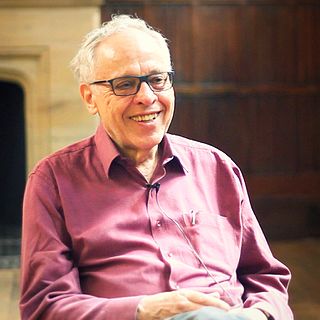A Quote by Sean M. Carroll
The weird thing about the arrow of time is that it's not to be found in the underlying laws of physics. It's not there. So it's a feature of the universe we see, but not a feature of the laws of the individual particles. So the arrow of time is built on top of whatever local laws of physics apply.
Related Quotes
A scenario is suggested by which the universe and its laws could have arisen naturally from nothing. Current cosmology suggests that no laws of physics were violated in bringing the universe into existence. The laws of physics themselves are shown to correspond to what one would expect if the universe appeared from nothing. There is something rather than nothing because something is more stable.
The formation in geological time of the human body by the laws of physics (or any other laws of similar nature), starting from a random distribution of elementary particles and the field is as unlikely as the separation of the atmosphere into its components. The complexity of the living things has to be present within the material, from which they are derived, or in the laws, governing their formation.
The story of the universe finally comes to an end. For the first time in its life, the universe will be permanent and unchanging. Entropy finally stops increasing because the cosmos cannot get any more disordered. Nothing happens, and it keeps not happening, forever. It's what's known as the heat-death of the universe. An era when the cosmos will remain vast and cold and desolate for the rest of time the arrow of time has simply ceased to exist. It's an inescapable fact of the universe written into the fundamental laws of physics, the entire cosmos will die.
The fact that the laws of physics don't change as if you move in time has physical implications that there's this thing called energy and energy is conserved, and the same thing - and the fact that the laws of physics don't change of you move back and forth in different directions in space implies that there is something called momentum and momentum is conserve and doesn't change as you evolve in time.
...the laws of physics, carefully constructed after thousands of years of experimentation, are nothing but the laws of harmony one can write down for strings and membranes. The laws of chemistry are the melodies that one can play on these strings. the universe is a symphony of strings. And the "Mind of God," which Einstein wrote eloquently about, is cosmic music resonating throughout hyperspace.
To the extent that we even understand string theory, it may imply a massive number of possible different universes with different laws of physics in each universe, and there may be no way of distinguishing between them or saying why the laws of physics are the way they are. And if I can predict anything, then I haven't explained anything.
There is no science in this world like physics. Nothing comes close to the precision with which physics enables you to understand the world around you. It's the laws of physics that allow us to say exactly what time the sun is going to rise. What time the eclipse is going to begin. What time the eclipse is going to end.

































